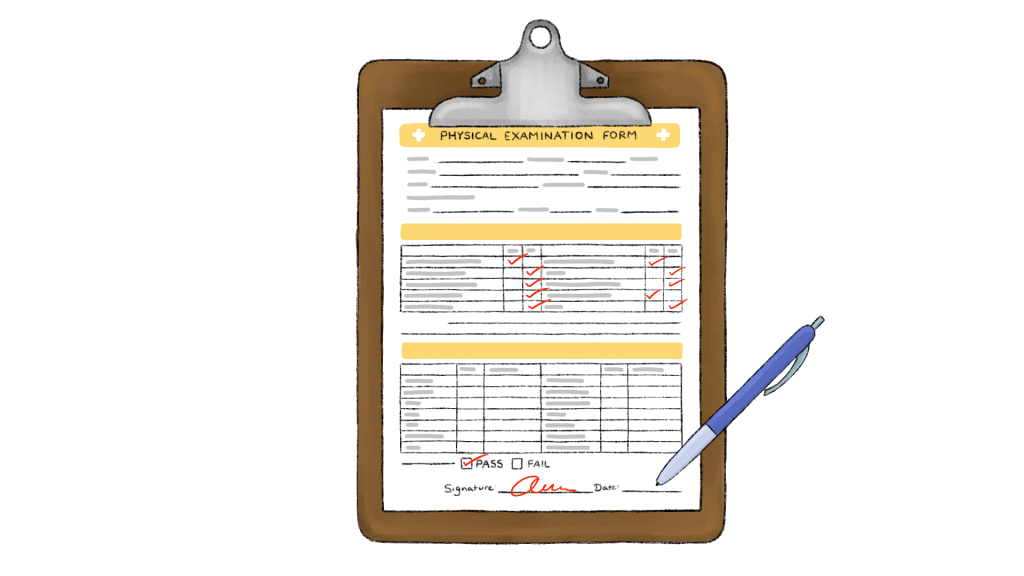
Transitioning to Retirement
July 7, 2021When you’re mapping out the best route to collecting retirement income, there’ll be several forks in the road. But you can arm yourself with knowledge to make informed decisions.
Transitioning to retirement takes planning and preparation. But if you’re wise, you can set yourself up for success.
Whether you have a pension or a retirement fund that you’ve been contributing to during you career, you might need your first retirement payment the month after you receive you last paycheck. This means you’ll need to make arrangements in advance.On the other hand, you may not need the money right away. Your goal, then, is figuring out the best way to take advantage of tax-deferred growth in a retirement account.
The Critical Factors
When making key choices for your retirement, the things that you should consider include your age and health, if and how you need to provide for your family, and what other sources of income you’ll have.
Or, if it’s your employer’s financial health you’re concerned about, you may decide to take your money out of the plan and invest it elsewhere.

Pension Plans
When you retire from an organization that provides a traditional pension, you generally have two income choices: a pension annuity or a lump sum distribution.
With an annuity, you receive income each month for the rest of your life or your life and the life of another person (usually, but not necessarily, your spouse). At the time you retire, your employer calculates the amount you’ll receive based on a number of factors including your age, your final salary, and the number of years you’ve worked for the organization. Income taxes are withheld from each check.
If you choose a lump sum, your employer calculates the amount you’ll receive and transfers the money to an account you designate. If it’s a cash account, income taxes are withheld whether or not you plan to move the money into an IRA. If you roll over the amount directly to a tax-deferred IRA, income taxes are not due until you withdraw from that account.
Defined Contribution Plans
If you’re part of a defined contribution plan, such as a 401(k), 403(b), 457, or thrift savings plan (TSP), you have several choices for handling your plan assets. They always include the following:
- Leaving your money in the plan, where you may be able to convert it to a pension annuity or take systematic withdrawals.
- Rolling over to an IRA.
- Taking a lump sum.
Unlike a defined benefit pension, which pays your retirement income out of your employer’s pension fund, retirement income from a defined contribution plan comes from assets held in your name. What you receive depends on how much was invested, how long it was invested, and how the investments performed. Generally the assets that have accumulated are sold at the time you choose an income option and the value becomes the principal that’s used to purchase an annuity contract, transferred to an IRA, or paid out as a lump sum.
A Timing Issue
Before you can begin taking income or roll over your assets, your account has to be valued to determine what it is worth. Every plan values accounts on a regular schedule, but no plan does a separate valuation for account holders who want to move their money or begin distributions. In addition, a 401(k) or similar plan has the right to hold your money for up to 60 days after valuation. Not every plan does, but that could be the case.
Seeking Advice
You’re likely to be more confident about making pension decisions if you work with an experienced professional who can answer your questions and help you analyze different routes to your goals. Since many of these choices are irrevocable, you’ll want to weigh the alternatives carefully.
Your employer may have specialists on staff who know the ins and outs of your plan and how other employees have handled the decisions you’re facing. You might ask your other professional advisers for a referral. But don’t feel you have to rush into working with someone. Check their professional credentials and resolve to your own satisfaction that the advice you’re being given is both knowledgeable and impartial.
This article has been republished with permission. View the original article: Transitioning to Retirement.
